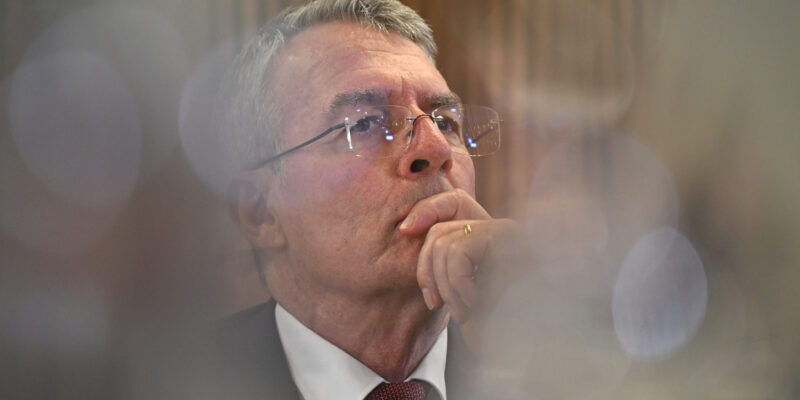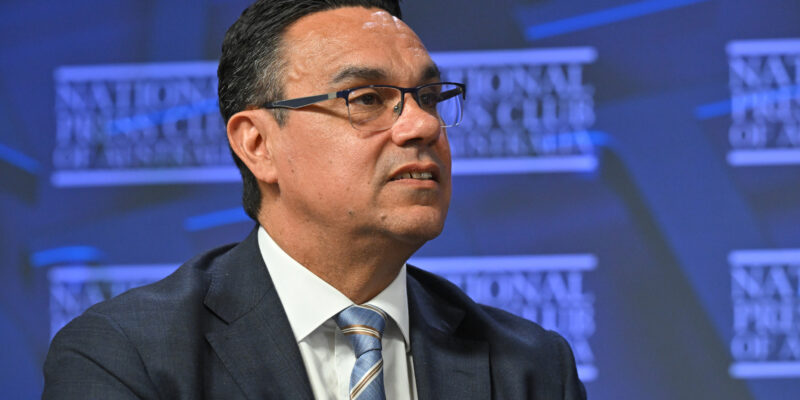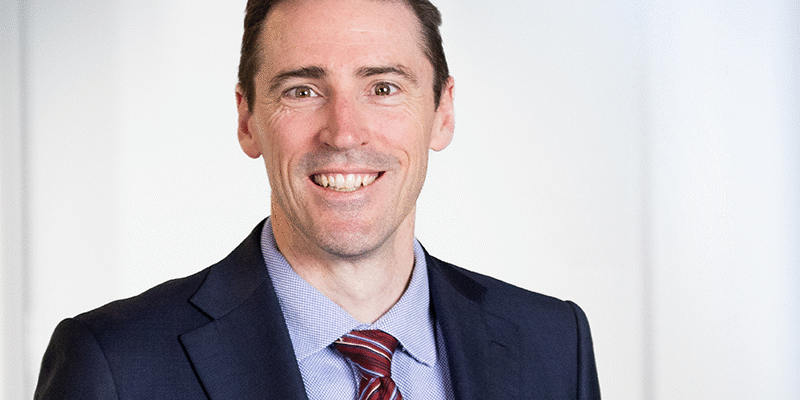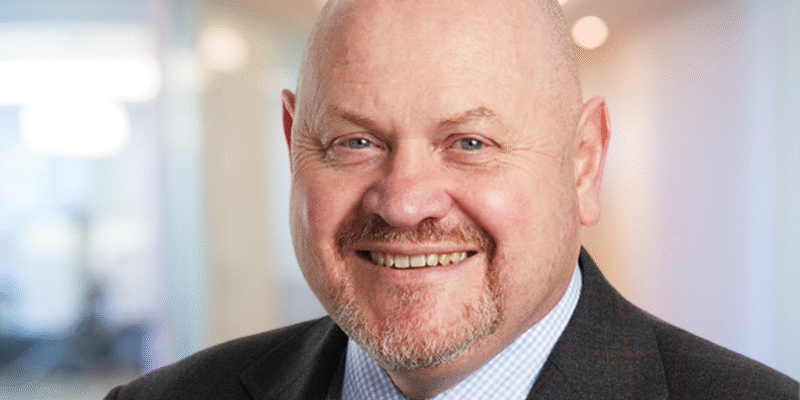Dirty cash flow into Australia risks global reputation
Asian connections have made Australia a prime target for dirty cash, the regulator warns as the government is chided for failing international standards on countering money laundering and terrorism financing. Drug trafficking and money laundering were being utilised by “large and highly functional” criminal organisations with one even running an underground bank, AUSTRAC chief executive Brendan Thomas said. “Australia’s extensive economic relations and trade with Asian markets also provide legitimate…

ASIAN connections have made Australia a prime target for dirty cash, the regulator warns as the government is chided for failing international standards on countering money laundering and terrorism financing.
Drug trafficking and money laundering were being utilised by “large and highly functional” criminal organisations with one even running an underground bank, AUSTRAC chief executive Brendan Thomas said.
“Australia’s extensive economic relations and trade with Asian markets also provide legitimate financial pathways that can mask illicit transfers,” he told the National Press Club recently.
An “underground bank” that was dismantled by the Australian Federal Police in Australia said it could transfer large amounts of cash anywhere in the world within 24 hours, Mr Thomas said.
“It even set its own exchange rates,” the regulator added.
“The organisation effectively operated as an underground bank with global reach.”
He was speaking a day after the intergovernmental watchdog Financial Action Task Force gave Australia a zero mark for its oversight of so-called gatekeeper professions.
Gatekeepers are those employed as lawyers, accountants and real estate agents, and other professions known to be used by organised criminal networks to launder cash and finance terrorism.
They are also referred to as Tranche 2 entities.
Australia got a zero score for its compliance with oversight recommendations for gatekeepers, nearly 10 years after being told to comply with the global watchdog’s standards.
Australia is “at risk of being grey-listed by the Financial Action Task Force for failing to meet minimum global standards,” Attorney-General Mark Dreyfus said at the press club event.
Being “grey-listed” is something Australia should definitely avoid, Fiona David, architect of the Global Slavery Index and founder of Fair Futures, told AAP.
“What this says internationally is that our anti-money laundering systems are on a list alongside Yemen, Democratic Republic of Congo, Syria and South Sudan. That is not where we want our economy to be.”
Australia’s extensive international trade, especially in Asia, was subject to vulnerabilities that could be exploited to launder money, Thomas said.
“Large volumes of global trade flows provide opportunities to obscure individual illicit transactions, especially when combined with foreign exchange transactions or diverse trade financing arrangements,” he said.
Australia’s general money-laundering laws needed an urgent overhaul to stop illicit funds flooding into the country, Dreyfus said.
Drug traffickers and terrorists are exploiting real estate, banks and casinos to profit from their crimes, he said in a joint address with the regulator.
The address marked the release of AUSTRAC’s national risk assessments that revealed bad actors who use established, legal channels to launder their funds in Australia, such as cash, luxury goods, domestic banks, real estate and casinos.
Laundering was not a victimless crime with proceeds going back into funding illegal activities including terrorism, Dreyfus said. “Money laundering enables crime by allowing criminals to profit from their offending. This is profit that can then be reinvested to finance future crime.”
More than 240 convictions for money-laundering offences have been recorded by the Commonwealth director of public prosecutions over the past four years, Dreyfus said, without giving earlier figures.
The AFP seized more than $350 million in criminal assets last year, up $214 million from the previous year.
Almost two-thirds of assets were real estate.
One operation by the AFP and Victoria Police resulted in 52 people being charged with money laundering and proceeds of crime offences, seizing more than $47 million in assets, including 60 properties.
A separate investigation led to the seizure of more than 3000 hectares of Tasmanian farmland purchased by Chinese nationals through the proceeds of crime, Dreyfus said.




